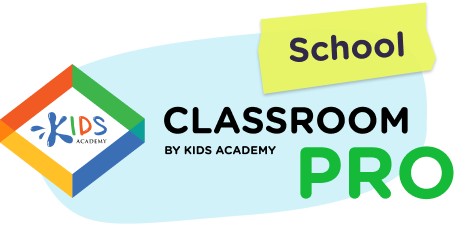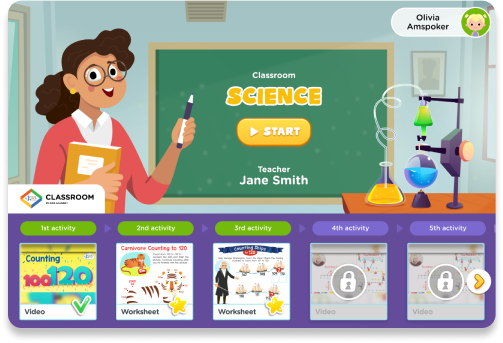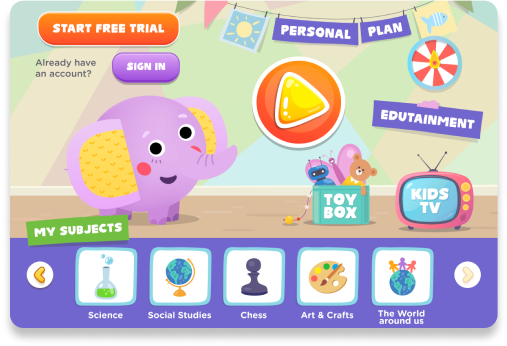Problem-solving practice Worksheets for 8-Year-Olds
15 filtered results
-
From - To
Our “Problem-solving Practice Worksheets for 8-Year-Olds” are designed to engage young minds with a variety of fun and educational challenges. These printable worksheets help children develop critical thinking and reasoning skills through engaging puzzles, math word problems, logical games, and comprehensive exercises. Perfect for enhancing learning both at home and in the classroom, our worksheets aim to build confidence and improve problem-solving abilities. Watch your child have fun while mastering essential skills that will benefit them throughout their education journey. Unlock their potential by incorporating our practical and exciting problem-solving resources today!
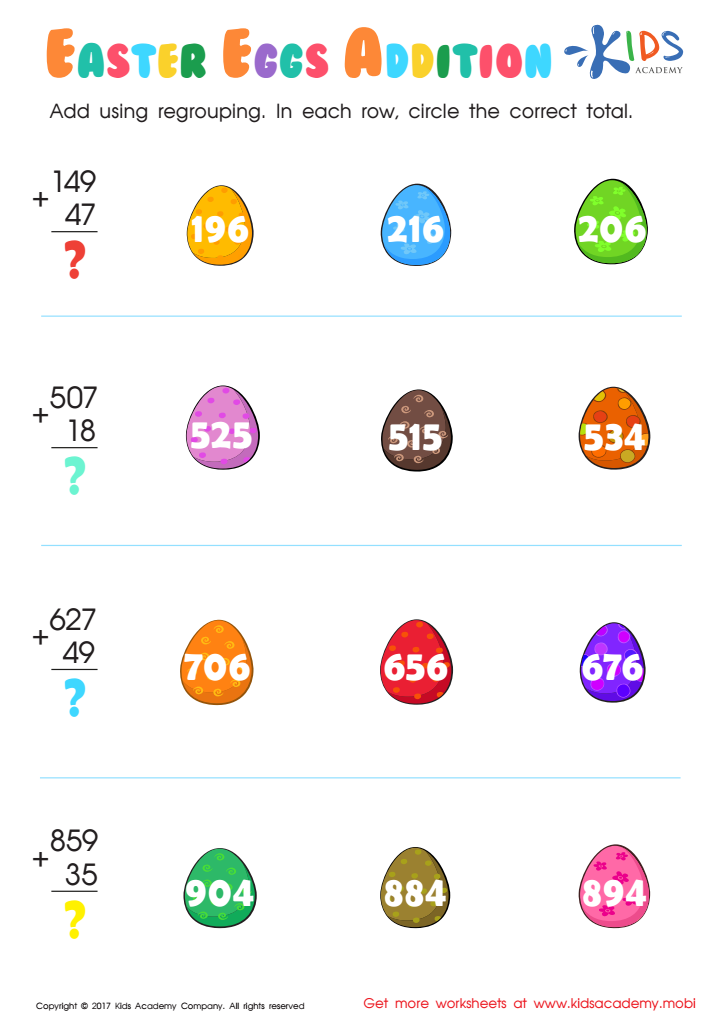

Addition with Regrouping Worksheet
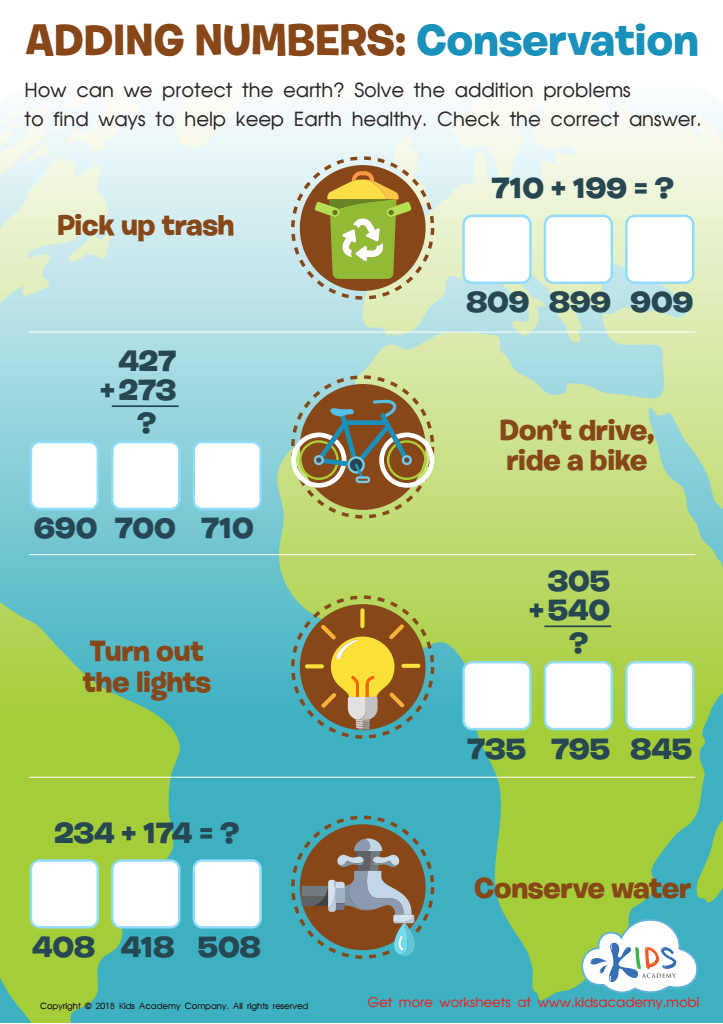

Adding Numbers: Conservation Worksheet
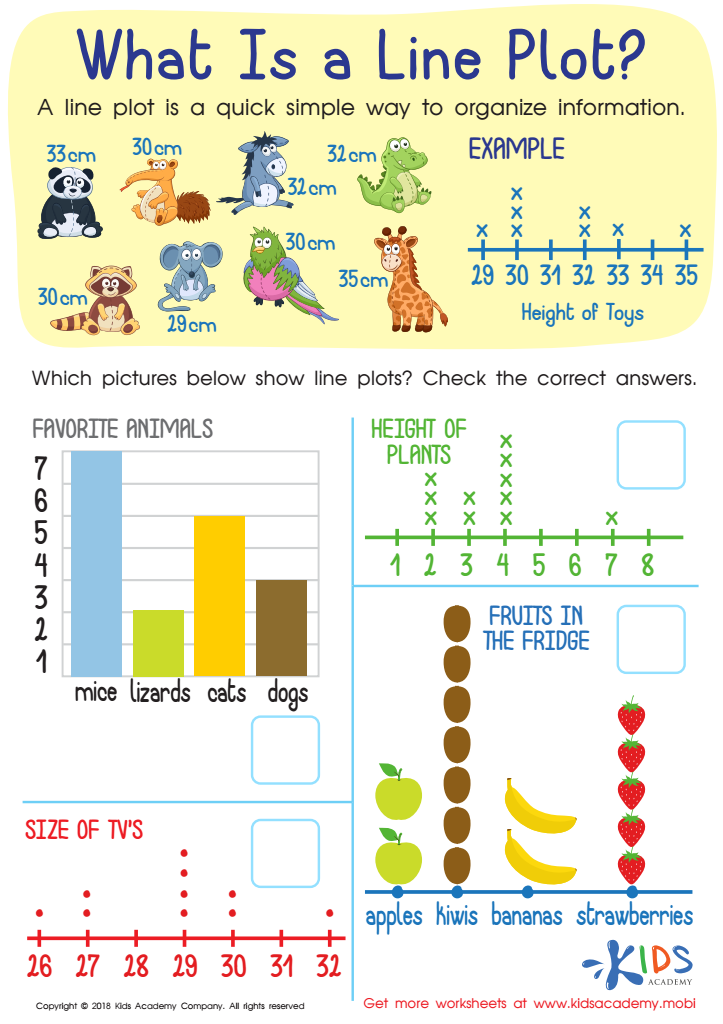

What Is a Line Plot? Worksheet
Problem-solving practice is crucial for 8-year-olds as it plays a fundamental role in cognitive development and prepares them for real-world challenges. At this age, children are expanding their thinking skills and becoming more adept at understanding complex concepts. Engaging in problem-solving exercises helps bolster critical thinking, creativity, and logical reasoning abilities. These skills are not only essential for academic success but also vital for everyday life.
For parents, fostering problem-solving abilities in their children can lead to greater independence and confidence. When children learn how to resolve issues on their own, they tend to become more resilient and better equipped to handle setbacks and frustrations. This emotional growth facilitates healthier coping mechanisms and social interactions.
Teachers gain by incorporating problem-solving into their curriculum as it encourages active learning and stimulates student engagement. When students tackle challenges together, it promotes collaboration, teamwork, and enhances communication skills. Furthermore, problem-solving tasks can be tailored to integrate various subjects, making learning more holistic and interconnected.
Both parents and teachers should emphasize problem-solving practice to help build a strong foundation for lifelong learning and adaptability. This investment in cognitive and social development paves the way for children to grow into capable, innovative, and forward-thinking individuals.



 Assign to My Students
Assign to My Students
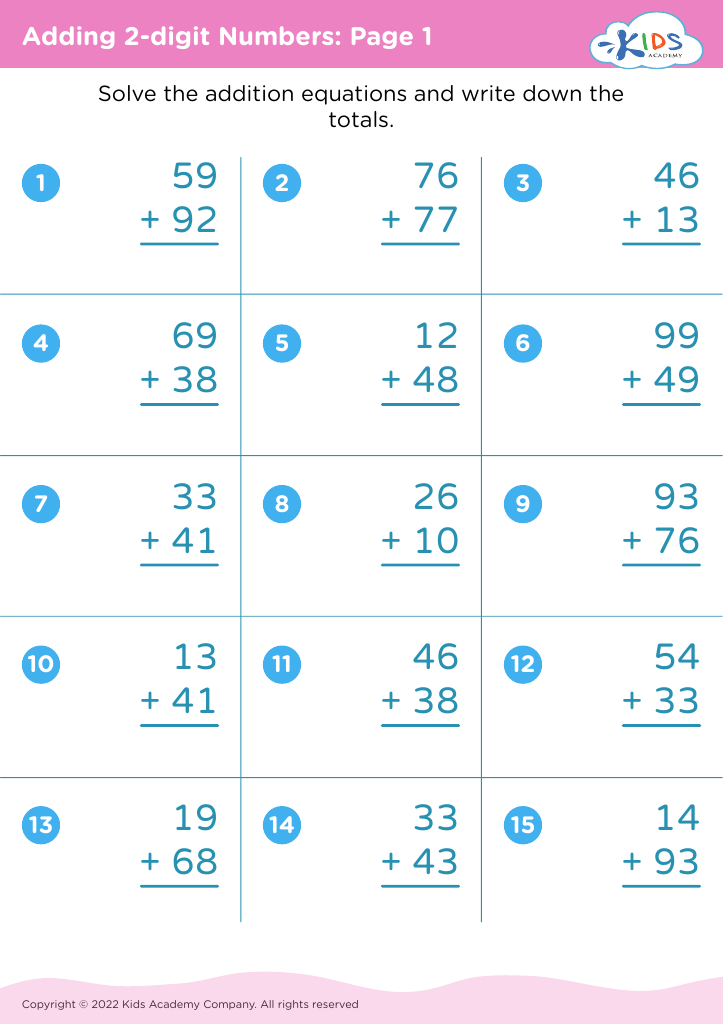

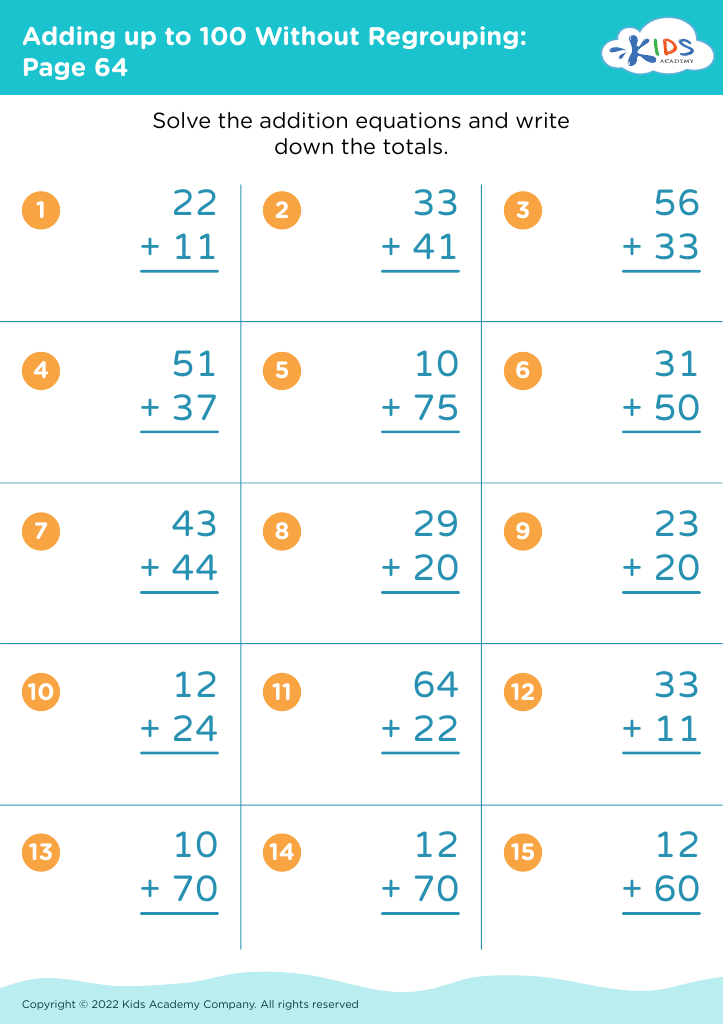
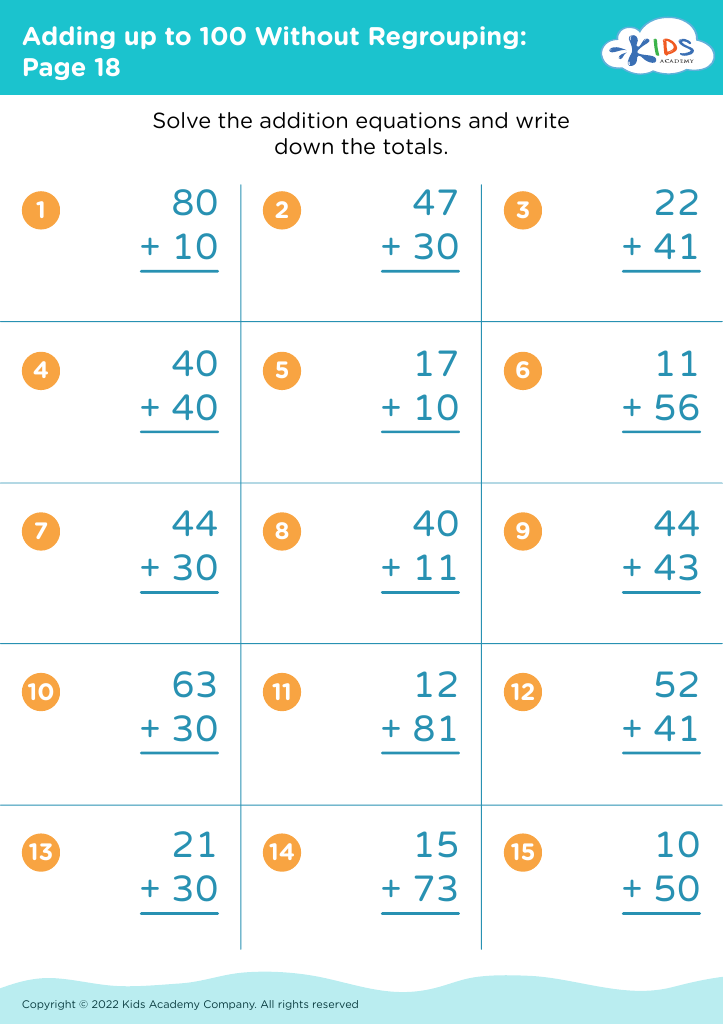

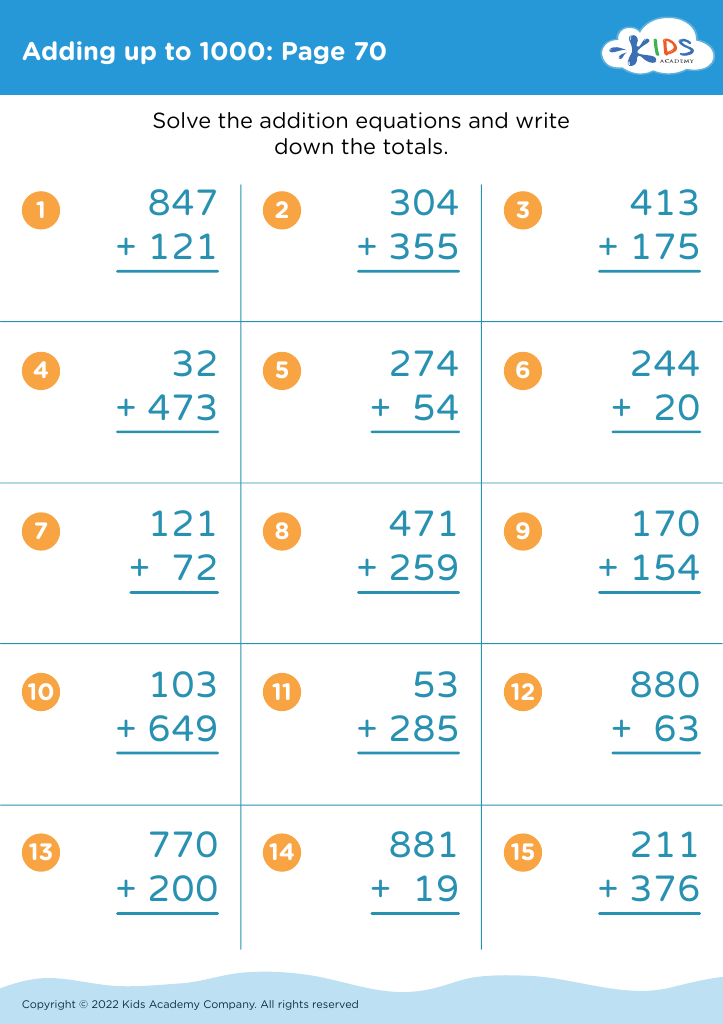
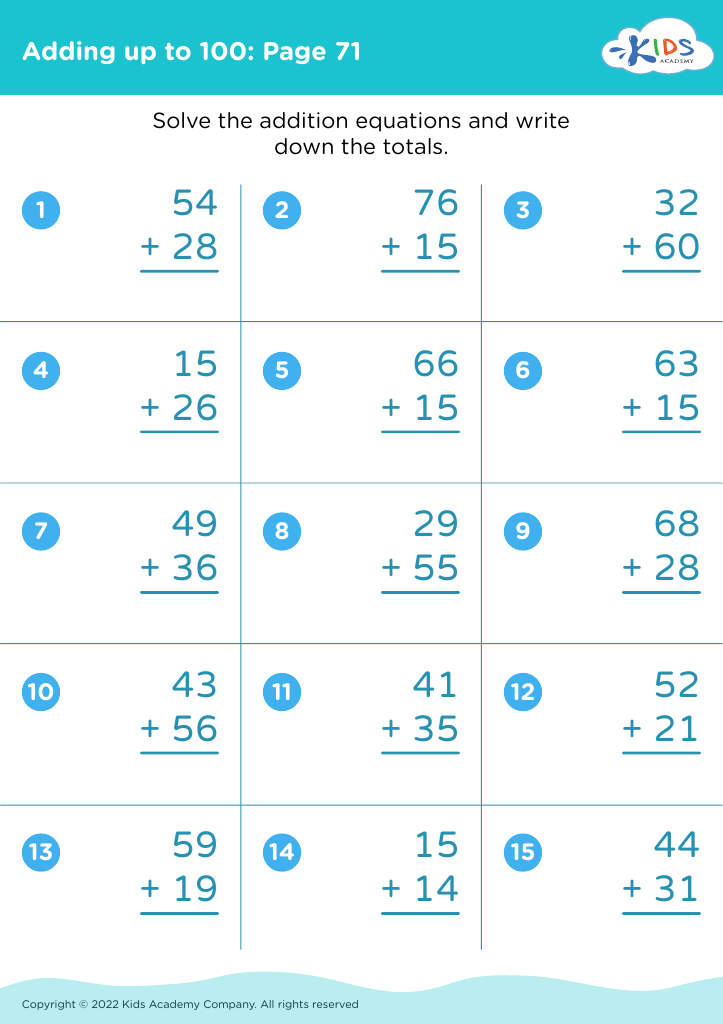
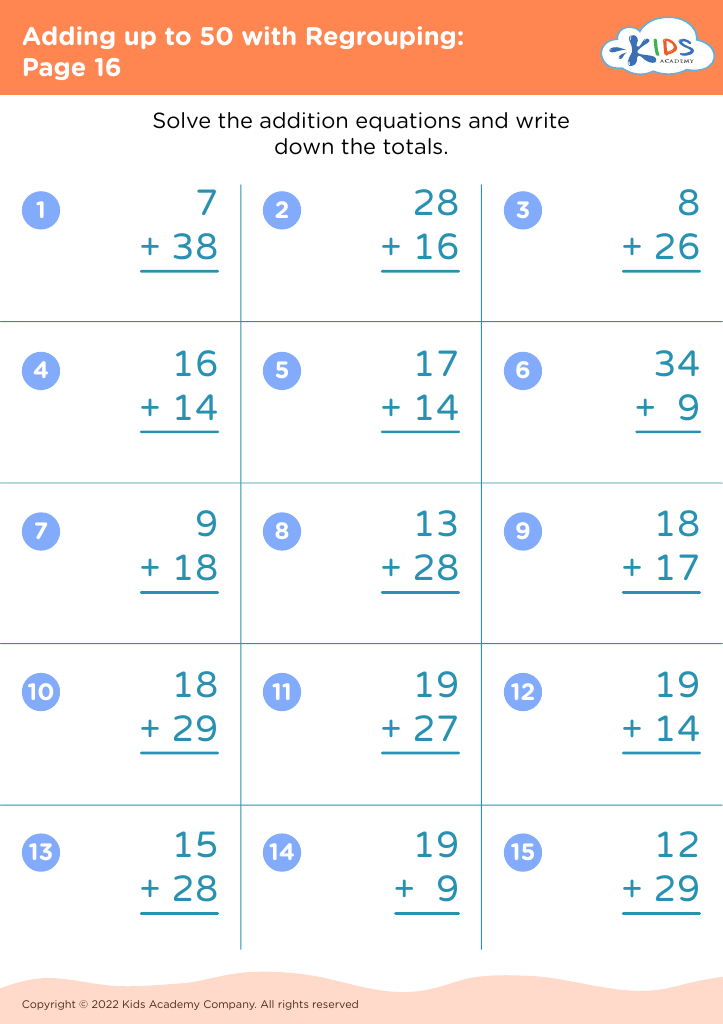



.jpg)

.jpg)











